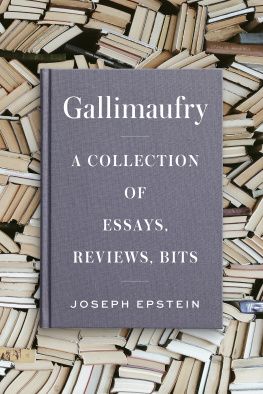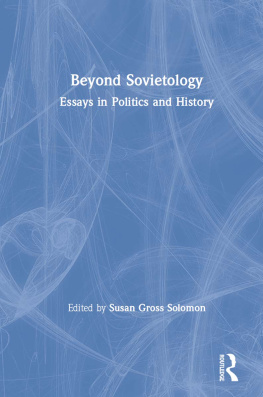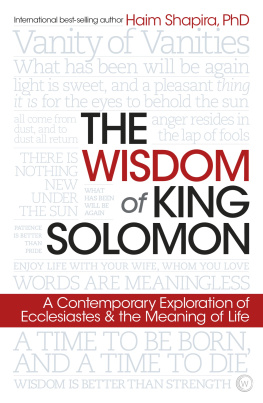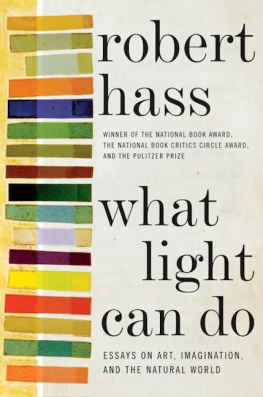THE DAY AFTER THE FLAG
I WAS SLEEPING IN TEXAS on the morning of September 11, 2001. I was asleep until I awoke. Everything was the same, just as I had left it the night before, until the telephone rang. A phone call can change many things. It was my brother, Alejandro, calling me from Uruguay to tell me what had happened, although at first no one knew very well how or why it had happened. I woke up surprised, without time to remember what I had dreamt. To sleep and to wake up are rival verbs, enemy verbs. On that day many things took place that took their place in history. People spent the day watching television, since that is where reality goes first.
I had barely gotten up when I saw that the events had changed the world forever. No matter how much I changed the channel, all of them were showing the same thing. Without trying to convince anyone of anything (which that day was everything), the earlier origin was giving notice that it had been replaced by another. As always, but more than before, the world is comprised of things that have not happened yet. And that day, in such a surprising way, the world began to transform into something different. The glaring brightness of the unforeseen, which for hours without interruption had been spilling images that in another time were better, was still an unfinished work.
At about three oclock in the afternoon, with a calm coming from the abyss, television viewers saw, for about the twelfth time, as the two Boeing 767 planes struck the outside of the sequoia-like buildings whose structures were tied to the heights. Their velocity became buried in the transparency of the windows, which were made of a glass that until that moment had been unbreakable. Through unimaginable images, humanity was learning to stop and take notice of a heroism appropriate for another, less incomplete world. History was having its debut day.
The present was changing its habits, because this time the prosperity of exceptions increased as much as it possibly could. Since the attack occurred early on a Tuesday, life soon ceased to be so simple. For centuries the world has begun on that day, a Tuesday, also chosen by eternity, even more than Friday. It is a day to be taken into account, though this time the message was different than on earlier occasions. This event had, in the incredulous sight of the world, invented a dominion, an unreal dependence with reality. It was demonstrating what it could say any time that it was so inclined.
The tremendous collapse of the towers caused a dust cloud the type of which had not been seen repeated over and over like that since the days of stagecoaches and cowboys on horses, not to mention on television during a workday. The images came in the form of a stampede. The entertainment was sudden, tragic, and various special effects like the kind used in bad Hollywood movies became instantly obsolete, because reality turned into a supreme fiction where the most unlikely things could occur, just as they did occur, that they might be rewound. It seemed as if the world was going to exit the world, even though it only began to draw attention to itself after the disaster occurred. To the eye, the effects were more effective than the causes.
While the events were still unfolding, reality paid honor to its main questions: Had a war started? Against what or whom? Was the alien invasion reported by Orson Welles on CBS radio in 1938 only now actually occurring, so many decades later? Why on this particular day? By mutual accordthough none of us knew itwe all came to be silent enemies of the same fear, of the unwanted doubts that reality was sending us without moving an inch out of its place. Even though this change of uncertainties was unnecessary, it soon became part of a set of plans that we had not thought all the way through, or even part way through.
The world spent that day glued to the inches of their television screens in stereo, speaking softly about the same topic and awaiting the arrival of the fifth attack, which was erroneously announced by the Hispanic network Univisin. The only kindness that could be seen in the stunning images was far from being a danger without consequences. They were images that replaced unequal quantities and exemplified the way they had been conceived. Around midnightsince the United States, without having left, was returning to apparent normality, or rather it was getting used to an anxiousness accompanied by panic with drowsinessmost people went to sleep. They went to sleep thinking, and thinking correctly, that the next day the world would continue moving, by car in this case (since most Americans walk but little), and that forgetfulness would begin its assiduous work, because even in unrepeatable things such as this it is relentless. Even in the case of phenomenal catastrophes, people have never completely lost the habit of forgetting, and of sleeping. Morpheus never fails. And that night the world slept. Calmness came in bed. The hygiene of chaos at last began to show its clean side.
The first thing I noticed the next day, besides the fact that the replay of the destruction of the World Trade Center could be seen commercial-free at all hours and on all channels (it was like popular songs heard over and over on the radio because people request them), was that the country had awakened covered with flags. Just as with mushrooms after the rain, they were everywhere. The era of the flag had arrived. Houses and other buildings had grown flags during the night, even though no one had watered them. Flags, flags everywhere: in the front yard and the backyard, in the bedroom, in the kitchen, in and on the car, on one neighbors house and that of another, on the house to the east (East of Paradise Lost), and the one after that, too. One neighbor was black, the other was white, and the one in the middle was sort of brown, like a mulatto or a mixture of black and Amerindian, Hispanic. He also had a flag out. The flags were the same, even if their owners were of differing origin and skin color and had different flag poles.
During those days, unlike shares in the stock market, flags were going up but not down. There was flag inflation: there was a proliferation of these cloth semaphores for low-hanging clouds and for birds. The cirrus clouds and the sparrows were grateful. This Wall Street of sentiments involved any house or home in the Union. Not even mansions were immune from the flood of red, white, and blue emblems. I went out to scan the inhabited surroundings and determined that my house was the only one with a Uruguayan flag. It was somewhat strange, too strange for the moment. I thought about taking it down. I was afraid that someone might think it was an act of rebellion against that sudden frenzy of U.S. patriotism. I looked at it so that it would tell me what it thought about the whole thing and to know if it wanted to stay raised up there, but flags always exercise a magnificent impassivity with those who want to know their opinion. They have learned to live without saying what they think. They are secretive in their silence, which is how they display their good manners and teach lessons, because there is no better behavior than the one that defends the liberty of the heavens.
Since I was not able to decide, I opted to leave my flag in its hoisted position one more day, in other words the day following the one before it. But, now that I think about it, I actually left it up two more days, since on Thursday I had something important to do which today I do not recall what it was. I think I went to the supermarket. Since there was a rumor circulating that something even bigger than what had taken place two days before might occur, some supermarkets were having sales. They did not want the end of the world to find them with their shelves full. Another entire day passed, from the time it started until the time it ended. On television they continued showing the same documentary movie of that Tuesday wed to the apocalyptic. When I remembered to remember it was already Friday, September 14, and by then the entire block was full of American flags. They were united by a state of general nervousness. Reality lived up to the reputation of its doubts.










